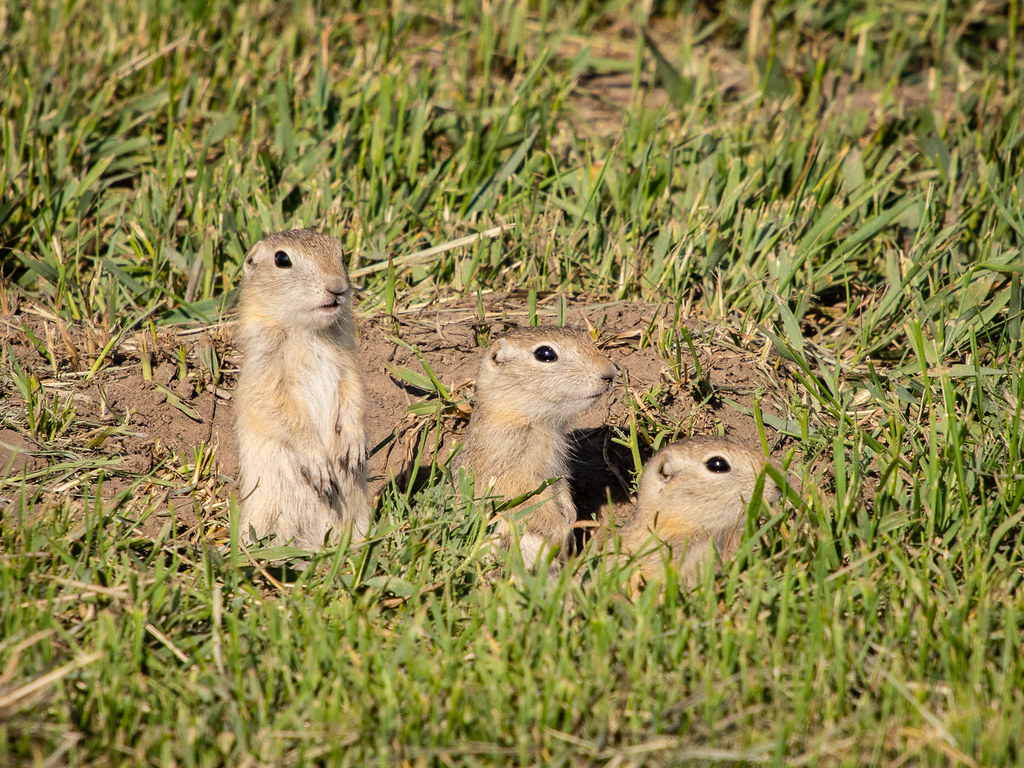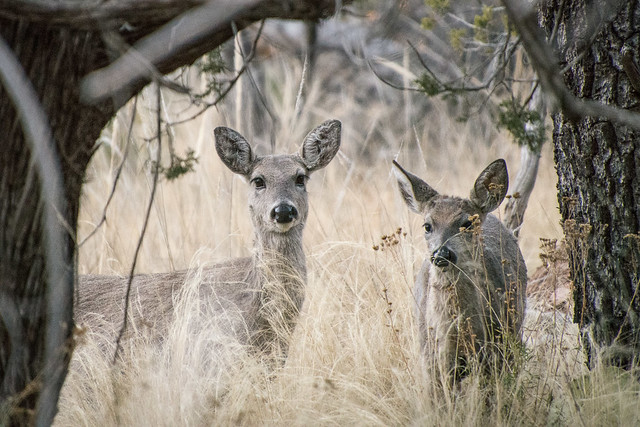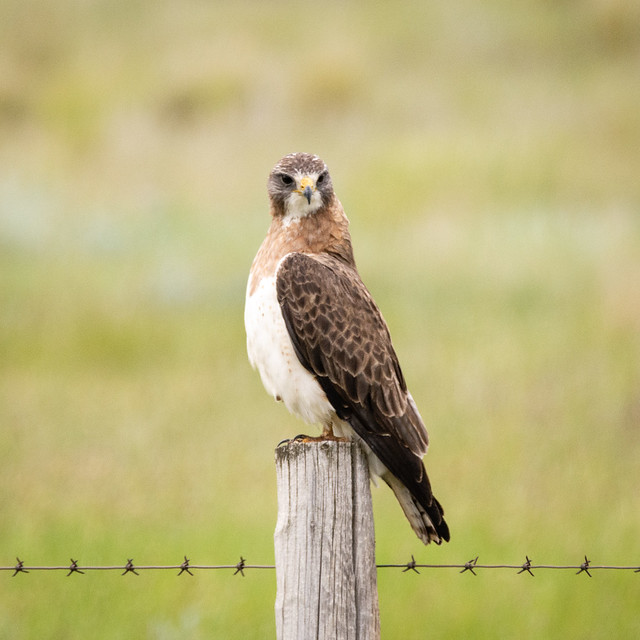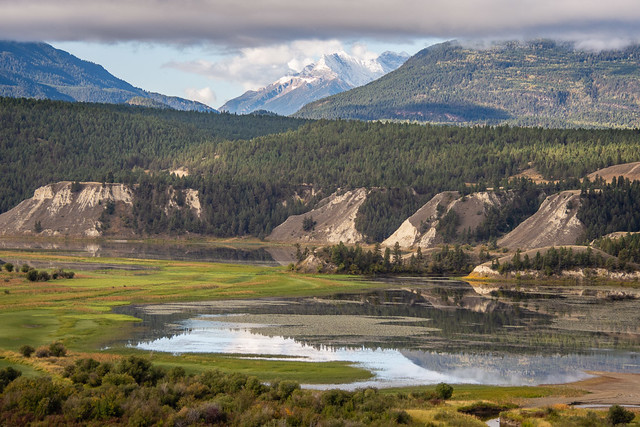“Storing and transporting excess renewable energy as hydrogen could reshape global energy politics. . . . Because the ones [countries] best equipped to export green hydrogen are so geographically and politically diverse—from Morocco to Australia to Norway—the rise of green hydrogen may lower the temperature on international oil and gas politics, as well as the global climate.”
Regina Public Library is hosting an online program about artists who focus on sustainability at 7 pm, June 3.
Upcoming Events
City of Regina residents can dispose of hazardous waste from 4-7 pm on Friday, 9 am-4 pm, Saturday, and 9 am-4 pm, Sunday, May 28-30.
Nature Saskatchewan is hosting World Migratory Bird Day celebrations on May 29 in Regina. Register in advance.
Learn wildlife tracking skills and how to put them to use in the summer in a Nature Conservancy of Canada webinar at 6:30 pm, May 31.
Nature Regina will hold an online annual general meeting at 7 pm, May 31.
The Provincial Association of Resort Communities of Saskatchewan is hosting a webinar on keeping invasive species out of our lakes at 7 pm, June 2.
Mark Jaccard will host a discussion of his book, The Citizen’s Guide to Climate Success, at the breakfast meeting of the Energy Management Task Force.
Saskatoon Nature Society – Golden Eagles
June 3, 9 am – Donna Birkmaier Park
June 10, 9 am – Chappell Marsh/Richard St. Barbe Baker Afforestation Area
Retirees and partners who are interested in birds and the natural world are invited to participate.
Other Saskatoon Nature Society Field Trips
June 5, 8 am-noon – Birding in Dundurn Area Pastures
June 6, 1-3 pm – Arbor Week Hike
June 11, 9:30-11:30 pm – Firefly Hike to NE Swale
June 13, 8:30 am-2 pm – Member Visit to NCC Asquith Site
June 15, 6:30-9 pm – Wildflowers at the Small Swale
Field trips are currently for members only, so sign up now. Advance registration is required.
Did you know? Indigenous peoples of North America used the golden bean flowers to make a yellow dye (Nature Companion, a free nature app for Canada’s 4 western provinces is downloadable directly from its website)
Every year 380 million tonnes of plastic are produced and just 16% is recycled. But what if we could unmake it? “Chemical recycling is an attempt to recycle the unrecyclable. Instead of a system where some plastics are rejected because they are the wrong colour or made of composites, chemical recycling could see all types of plastic fed into an ‘infinite’ recycling system that unmake plastics back into oil, so they can then be used to make plastic again.”
And, in case you were wondering, here’s who is making – and funding – the world’s plastic trash.
Wind Energy
Wind turbines pose a threat to birds. Fortunately, high-tech safeguards are being developed to ensure birds’ safety.
Progress is being made in recycling wind turbines, including the blades.
EcoFriendly Sask supports Saskatchewan environmental initiatives through an online publication, an events calendar, small grants, and the Nature Companion website/app.
You can follow EcoFriendly Sask by liking us on Facebook, following us on Twitter, or by email (top right corner).








